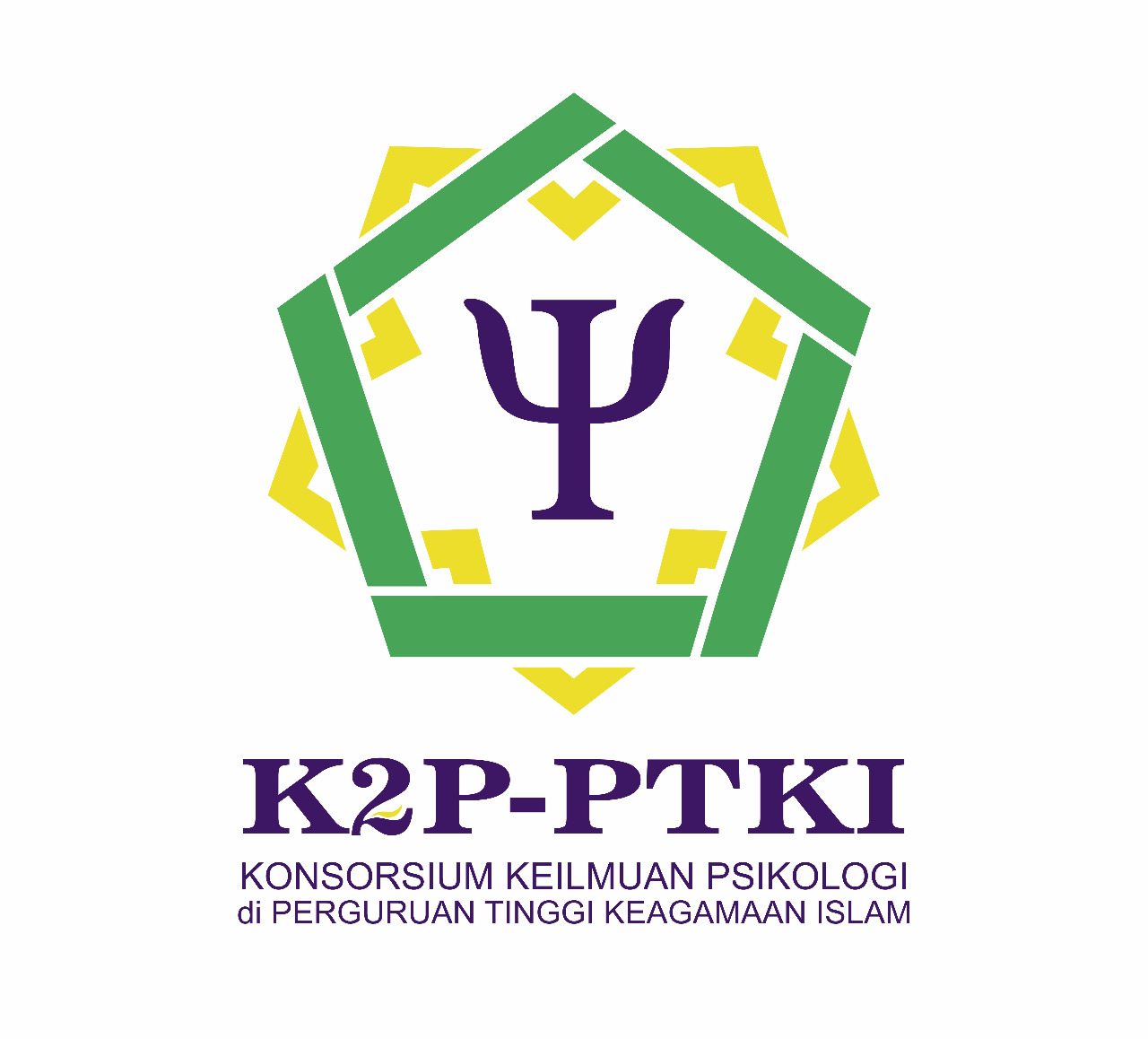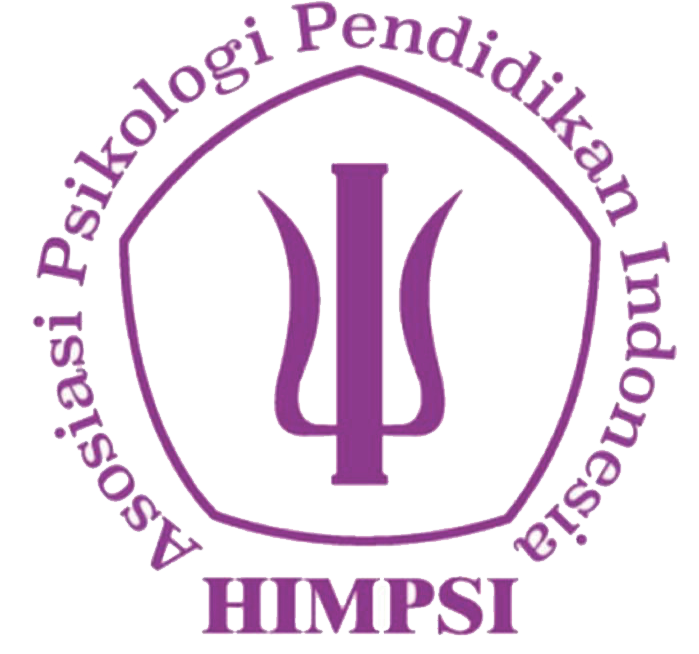Examining the Correlation between Parental Expectations and Parental Participation: A Meta-Analysis
Abstract
Keywords
Full Text:
PDFReferences
Akfırat, N. (2019). Improving parental attitudes of turkish immigrants living in Germany: an action research. Participatory Educational Research, 6(2), 103–121. https://doi.org/10.17275/per.19.16.6.2
Arnold, D. H., Zeljo, A., Doctoroff, G. L., & Ortiz, C. (2008). Parent involvement in preschool: predictors and the relation of involvement to preliteracy development. School Psychology Review, 37(1), 74–90. https://doi.org/10.1080/02796015.2008.12087910
Butler, Y. G. (2014). Parental factors and early English education as a foreign language: a case study in Mainland China. Research Papers in Education, 29(4), 410–437. https://doi.org/10.1080/02671522.2013.776625
Carpenter, D. M. (2008). Expectations, aspirations, and achievement among latino students of immigrant families. Marriage and Family Review, 43(1–2), 164–185. https://doi.org/10.1080/01494920802013078
Christenson, S. L. (2003). The Family – school partnership : an opportunity to promote the learning competence of all students. School Psychology Quarterly, 18(4), 454–482.
Clark, C., & Rumbold, K. (2006). Reading for pleasure: a research overview. National Literacy Trust, November, 35.
Cochran, W. G. (1954). The Combination of Estimates from Different Experiments Author ( s ): William G . Cochran. 10(1), 101–129.
Coleman, K. P., & Karaker, H. K. (1998). Self-efficacy and parenting quality: findings and future applications. Developmental Review, 18(1), 47–85. https://doi.org/https://doi.org/10.1006/DREV.1997.0448
Dumont, H., Trautwein, U., Nagy, G., & Nagengast, B. (2014). Quality of parental homework involvement: predictors and reciprocal relations with academic functioning in the reading domain. Journal of Educational Psychology, 106(1), 144–161.
Durisic, M., & Bunijevac, M. (2017). Parental involvement as a important factor for. Revista Del Centro de Estudios Sobre Políticas Educativas, 7(3), 7, 1.17.
Durmuşoğlu Saltali, N. (2020). The mediating role of parenting efficacy in the association between preschool father-child relationship and parental stress. Participatory Educational Research, 7(2), 230–240. https://doi.org/10.17275/PER.20.31.7.2
Eccles, J. S., Jacobs, J. E., & Harold, R. D. (1990). Gender-role sterotypes, expectancy effects, and parents’ role in the socialization of gender differences in self-perceptions, and skill acquisition. Journal of Social Issues, 46(2), 183–201.
Fan, X., & Chen, M. (2001). Parental involvement and students’ academic achievement: a meta-analysis. Educational Psychology Review, 13, 1–22. https://doi.org/10.1023/A:1009048817385
Fantuzzo, J., Tighe, E., & Childs, S. (2000). Family involvement questionnaire: a multivariate assessment of family participation in early childhood education. Journal of Educational Psychology, 92(2), 367–376. https://doi.org/10.1037/0022-0663.92.2.367
Froiland, J. M., & Davison, M. L. (2014). Parental expectations and school relationships as contributors to adolescents’ positive outcomes. Social Psychology of Education, 17(1), 1–17. https://doi.org/10.1007/s11218-013-9237-3
Froiland, J. M., Peterson, A., & Davison, M. L. (2013). The long-term effects of early parent involvement and parent expectation in the USA. School Psychology International, 34(1), 33–50. https://doi.org/10.1177/0143034312454361
Gill, S., & Reynolds, A. J. (1996). Role of parent expectations in the school success of at-risk children. Paper Presented at the Biennial Meeting of TheInternational Society for the Study of Behavioural Development .
Green, C. L., Walker, J. M. T., Hoover-Dempsey, K. V., & Sandler, H. M. (2007). Parents’ motivations for involvement in children’s education: an empirical test of a theoretical model of parental involvement. Journal of Educational Psychology, 99(3), 532–544. https://doi.org/10.1037/0022-0663.99.3.532
Grolnick, W. S., & Slowiaczek, M. L. (1994). Parents’ involvement in children’s schooling: a multidimensional conceptualization and motivational model. Child Development, 65(1), 237–252. https://doi.org/10.1111/j.1467-8624.1994.tb00747.x
Guo, X., Lv, B., Zhou, H., Liu, C., Liu, J., Jiang, K., & Luo, L. (n.d.). Gender differences in how family income and parental education relate to reading achievement in china: the mediating role of parental expectation and parental involvement. Frontiers in Psychology, 9(MAY), 1–12. https://doi.org/10.3389/fpsyg.2018.00783
Guo, X., Lv, B., Zhou, H., Liu, C., Liu, J., Jiang, K., & Luo, L. (2018). Gender differences in how family income and parental education relate to reading achievement in china: the mediating role of parental expectation and parental involvement. Frontiers in Psychology, 9(MAY), 1–12. https://doi.org/10.3389/fpsyg.2018.00783
Gürbüztürk, O., & Sad, N. S. (2010). Turkish parental involvement scale : validity and reliability studies. 2, 487–491. https://doi.org/10.1016/j.sbspro.2010.03.049
Halle, M. (2000). Distributed morphology: impoverishment and fission. 125–149. https://doi.org/https://doi.org/10.1075/CILT.202.07HAL
Hardianti, R., Erika, U., & Nauli, F. A. (n.d.). Hubungan antara rasa syukur terhadap kesehatan mental. Ners Indonesia, 11(2), 2.
Harris, A., & Goodall, J. (2008). Do parents know they matter? engaging all parents in learning. Educational Research, 50(3), 277–289. https://doi.org/10.1080/00131880802309424
Jeynes, W. H. (2003). A meta-analysis: The effects of parental involvement on minority children’s academic achievement. Education and Urban Society, 35(2), 202–218. https://doi.org/10.1177/0013124502239392
Jeynes, W. H. (2012). A meta-analysis of the efficacy of different types of parental involvement programs for urban students. Urban Education, 47(4), 706– 742.
King, B. J., Gilmore-Bykovskyi, A. L., Roiland, R. A., Polnaszek, B. E., Bowers, B. J., & Kind, A. J. H. (2013). The consequences of poor communication during transitions from hospital to skilled nursing facility: A qualitative study. Journal of the American Geriatrics Society, 61(7), 1095–1102. https://doi.org/10.1111/jgs.12328
Latunde, Y. C. (2016). Research in parental involvement: methods and strategies for education and psychology. In Research in Parental Involvement: Methods and Strategies for Education and Psychology. https://doi.org/10.1057/978-1-137-59146-3
Leung, J. T. Y., & Shek, D. T. L. (2011). Validation of the chinese parental expectation on child’s future scale. International Journal on Disability and Human Development, 10(3), 267–274. https://doi.org/10.1515/IJDHD.2011.039
LİNDBERG, E. niha., & GÜVEN, P. (2021). The impact of parental involvement and expectations on elementary school students’ academic achievement. İnönü Üniversitesi Eğitim Fakültesi Dergisi, 22(1), 809–840. https://doi.org/10.17679/inuefd.888292
Liu, C., Georgiou, G. K., & Manolitsis, G. (2018). Modeling the relationships of parents’ expectations, family’s SES, and home literacy environment with emergent literacy skills and word reading in Chinese. Early Childhood Research Quarterly, 43, 1–10. https://doi.org/10.1016/j.ecresq.2017.11.001
McNaughton, D., & Vostal, B. R. (2010). Using active listening to improve collaboration with parents: the laff don’t cry strategy. Intervention in School and Clinic, 45(4), 251–256. https://doi.org/10.1177/1053451209353443
Melhuish, E. C., Phan, M. B., Sylva, K., Sammons, P., Siraj-Blatchford, I., & Taggart, B. (2008). Effects of the home learning environment and preschool center experience upon literacy and numeracy development in early primary school. Journal of Social Issues, 64(1), 95–114. https://doi.org/10.1111/j.1540-4560.2008.00550.x
Morgan, R. L., Whaley, P., Thayer, K. A., & Schünemann, H. J. (n.d.). Identifying the PECO: a framework for formulating good questions to explore the association of environmental and other exposures with health outcomes. Environment International, 121(June), 1027–1031. https://doi.org/10.1016/j.envint.2018.07.015
Murungi, J. M., Muthaa, G. M., Micheni, L., & Mwenda, E. E. (2014). Strategies for improving parental involvement in acquisition of literacy skills among pupils in primary schools in Akithi division, Tigania West District, Kenya. Open Journal of Social Sciences, 2, 250–255.
Neuenschwander, M. P., Vida, M., Garrett, J. L., & Eccles, J. S. (2007). Parents’ expectations and students’ achievement in two western nations. International Journal of Behavioral Development, 31(6), 594–602. https://doi.org/10.1177/0165025407080589
Novianti, D., & Fatonah, S. (n.d.). Budaya literasi media digital pada ibu-ibu rumah tangga. Jurnal Antropologi: Isu-Isu Sosial Budaya, 21(2), 218. https://doi.org/10.25077/jantro.v21.n2.p218-226.2019
Oğul, İ. G., & Arnas, Y. A. (2022). Understanding home math environments and math talks of children with low and middle socioeconomic status. Participatory Educational Research, 9(4), 53–70. https://doi.org/10.17275/per.22.79.9.4
Page, M. J., McKenzie, J. E., Bossuyt, P. M., Boutron, I., Hoffmann, T. C., Mulrow, C. D., Shamseer, L., Tetzlaff, J. M., Akl, E. A., Brennan, S. E., Chou, R., Glanville, J., Grimshaw, J. M., Hróbjartsson, A., Lalu, M. M., Li, T., Loder, E. W., Mayo-Wilson, E., McDonald, S., … Moher, D. (2021). The PRISMA 2020 statement: an updated guideline for reporting systematic reviews. The BMJ, 372. https://doi.org/10.1136/bmj.n71
Rafsanjani, M. A. (2016). Pengaruh persepsi keterlibatan orang tua terhadap hasil belajar ekonomi siswa. Journal of Accounting and Business Education, 2(1), 1–9. https://doi.org/10.26675/jabe.v2i1.6046
Rizky Nopiyanti, H., & Husin, A. (2021). Keterlibatan orang tua dalam pendidikan anak pada kelompok bermain. Journal of Nonformal Education and Community Empowerment, 5(1), 1–8. https://doi.org/10.15294/pls.v5i1.46635
Rosdiana, A. (2006). Partisipasi orangtua terhadap pendidikan anak usia dini: survei pada kelompok bermain di kota yogyakartA. Jurnal Ilmiah VISI PTK-PNF, 1(2), 62–72.
Sanders, M. G., & Sheldon, S. B. (2009). Principals matter: a guide to school, family, and community partnerships. In Principals matter: A guide to school, family, and community partnerships. Corwin Press.
Sénéchal, M., & Lefevre, J. A. (2014). Continuity and change in the home literacy environment as predictors of growth in vocabulary and reading. Child Development, 85(4), 1552–1568. https://doi.org/10.1111/cdev.12222
Sénéchal, M., & LeFevre, J. A. (2002). Parental involvement in the development of children’s reading skill: A five-year longitudinal study. Child Development, 73(2), 445–460. https://doi.org/10.1111/1467-8624.00417
Sénéchal, M., & Young, L. (2008). The effect of family literacy interventions on children’s acquisition of reading from kindergarten to grade 3: A meta-analytic review. Review of Educational Research, 78(4), 880–907. https://doi.org/10.3102/0034654308320319
Someketa, A., Mathwasa, J., & Duku, N. (2017). Parents’ perceptions of their involvement in their children’s literacy development in the foundation phase in King Williams Town. Journal of Social Sciences, 51(1–3), 96–108. https://doi.org/10.1080/09718923.2017.1305569
Stull, J. (2013). Family socioeconomic status, parent expectations, and a child’s achievement. Research in Education, 90(1), 53–67. https://doi.org/10.7227/RIE.90.1.4
Suriati, S. (2015). Dampak kurangnya perhatian orang tua terhadap perkembangan karakter anak. Jurnal Mimbar: Media Intelektual Muslim Dan Bimbingan Rohani, 1(1 SE-Articles). https://doi.org/10.47435/mimbar.v1i1.277
Sy, S. R., & Schulenberg, J. E. (2005). Parent beliefs and children’s achievement trajectories during the transition to school in Asian American and European American families. International Journal of Behavioral Development, 29(6), 505–515. https://doi.org/10.1080/01650250500147329
Urban, M. (2009). Early childhood education and care in europe. European Journal of Education, 47(4), 134.
Uzun, H., & Baran, G. (2022). Do fathers effects the social skills of preschool children: an experimental study. Participatory Educational Research, 9(5), 222–242. https://doi.org/10.17275/per.22.112.9.5
van Bergen, E., van Zuijen, T., Bishop, D., & de Jong, P. F. (2017). Why are home literacy environment and children’s reading skills associated? what parental skills reveal. Reading Research Quarterly, 52(2), 147–160. https://doi.org/10.1002/rrq.160
Walker, J. M. T., Wilkins, A. S., Dallaire, J. R., Sandler, H. M., & Hoover-Dempsey, K. V. (2005). Parental involvement: model revision through scale development. Elementary School Journal, 106(2), 85–104. https://doi.org/10.1086/499193
Wang, Y., Deng, C., & Yang, X. (2016). Family economic status and parental involvement: influences of parental expectation and perceived barriers. School Psychology International, 37(5), 536–553. https://doi.org/10.1177/0143034316667646
Wulandari, A. S., & Fardhana, N. A. (2015). Hubungan antara keyakinan motivasional orangtua dan keterlibatan orangtua dalam pendidikan anak usia dini di taman kanak-kanak pkk kalijudan Surabaya. Jurnal Psikologi Pendidikan Dan Perkembangan, 4(1), 25–31.
Yang, J., Lawrence, J. F., & Grøver, V. (2023). Parental expectations and home literacy environment: a questionnaire study of chinese-norwegian dual language learners. Journal of Research in Childhood Education, 37(1), 159–173. https://doi.org/10.1080/02568543.2022.2098427
ZENGİN, M., & ATAŞ AKDEMİR, Ö. (2020). Teachers’ views on parent involvement for refugee children’s education. Journal of Computer and Education Research, 8(15), 75–85. https://doi.org/10.18009/jcer.649547
Zhan, M. (2006). Assets, parental expectations and involvement, and children’s educational performance. Children and Youth Services Review, 28(8), 961–975. https://doi.org/10.1016/j.childyouth.2005.10.008
DOI: https://doi.org/10.18860/psikoislamika.v21i2.27757

This work is licensed under a Creative Commons Attribution-NonCommercial-ShareAlike 4.0 International License.



.jpg)


.jpg)